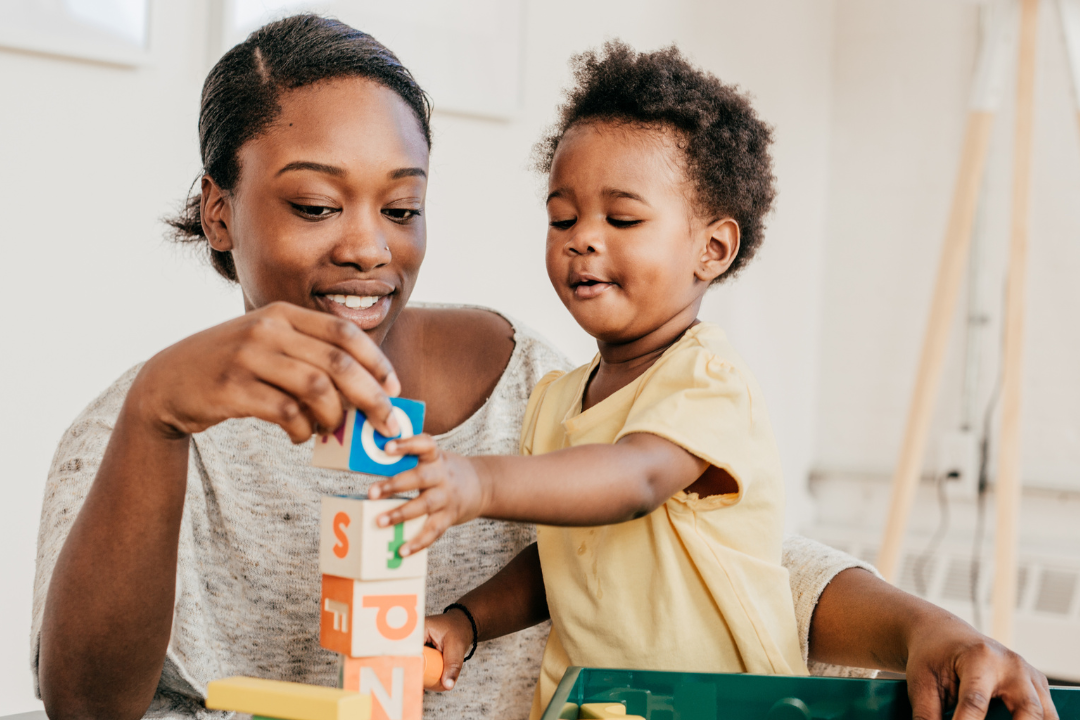Share This Story, Choose Your Platform!
Roots and Wings: How Early Bonds Shape Our World
Preface
I have had the privilege of walking alongside individuals on their journeys to healing and self-discovery, while navigating through life as a student of Psychology and becoming a Specialist Wellness Counsellor. One recurring theme in my counselling sessions is how the presence, or absence of a mother or father during childhood profoundly influences one’s outlook on life, relationships, and overall well-being. In many ‘relationship themed’ counselling sessions, I find that the roots of how individuals relate to others today can often be traced back to their childhood experiences and their bonds with their caregivers. This article explores the essential role of parenting in shaping a child’s development and how revisiting these roots can empower us to grow into stronger, healthier and happier adults.
The Foundation of Parenting
Parenting is more than providing food, shelter, and education; it is about nurturing a child’s emotional, mental, and social development. A child’s first understanding of the world and themselves stems from the relationship they have with their primary caregivers. Love, attention, and guidance lay the groundwork for a child to feel secure, valued, and capable.
When this foundation is solid, children are more likely to grow into confident adults who can navigate life’s challenges and form healthy relationships. However, when there are cracks in this foundation, such as a caregiver being physically or emotionally absent, these gaps can carry into adulthood, affecting self-esteem, decision-making, and interpersonal connections.
The Ripple Effect of Childhood Experiences
In my counselling journey, I’ve encountered clients who struggled with trust, self-worth, or emotional regulation. Often, these struggles could be traced back to how they were parented. For instance, children who grew up with absent parents, either physically or emotionally, might grow into adults who fear abandonment or seek constant validation.
On the other hand, ‘overly strict or controlling’ parenting can lead to adults who battle with perfectionism or a fear of failure. While it’s important to recognize the challenges that arise from these early experiences, it’s equally crucial to understand that our past does not define us- it simply informs us.
Relationships and Early Attachment
In relationships, I frequently see individuals replaying patterns they learned in childhood. A lack of emotional connection with caregivers may manifest as difficulty expressing emotions or opening up to a partner. Conversely, those who felt overly dependent on their caregivers may struggle with boundaries or feel clingy in relationships.
Understanding how these dynamics originate is a critical step in breaking the cycle. When clients explore the roots of their attachment styles, they often experience “aha” moments that help them make sense of their current challenges.
Healing through Understanding
Parenting is undeniably powerful in shaping a child’s development, but healing is equally powerful. As adults, we have the ability to rewrite the narratives that were formed during our early years. In counselling, we use tools to help individuals unpack their childhood experiences and understand how these have influenced their present lives.
Some of the tools (but not limited to) that I have used in session include:
- Life Timelines: clients create a timeline of significant events and relationships in their childhood, allowing them to identify patterns or gaps in emotional support.
- Inner Child Work: exploring the needs of the “younger self” that may still influence how you think and feel today.
- Journaling: writing about past experiences and their impact on current challenges can provide clarity and perspective. Some clients have opted to write poems to channel their memories onto paper and this has allowed them to feel deep emotional release.
- Role Reversal: I have found this to be a popular option when working with adult clients, who are often parents. Reflecting on how our caregivers were raised and the challenges they faced helps to foster compassion and understanding.
Through these conversational lenses and exercises, clients begin to see that their past does not have to hold them back. Instead, it can be a powerful teacher, guiding them toward self-awareness, emotional growth, and healthier relationships.
Parenting is one of the most influential forces in a child’s life, shaping who they become and how they view the world. While childhood experiences—both good and bad—leave a lasting imprint, they do not determine our future. With the right tools and support, we can use our past as a stepping stone to build a brighter, healthier, and more empowered future. As we reflect on the role of parenting in our lives, let us remember that healing and growth are always possible, and the journey to becoming stronger adults often begins with understanding where we come from.
Author: Theona Odayar

Reference List:
- Bowlby, J. (1988). A secure base: Parent-child attachment and healthy human development. Basic Books.
- Goldberg, S. (2000). Attachment and development. Routledge.
- Schore, A. N. (2001). Effects of a secure attachment relationship on right brain development, affect regulation, and infant mental health. Infant Mental Health Journal.


